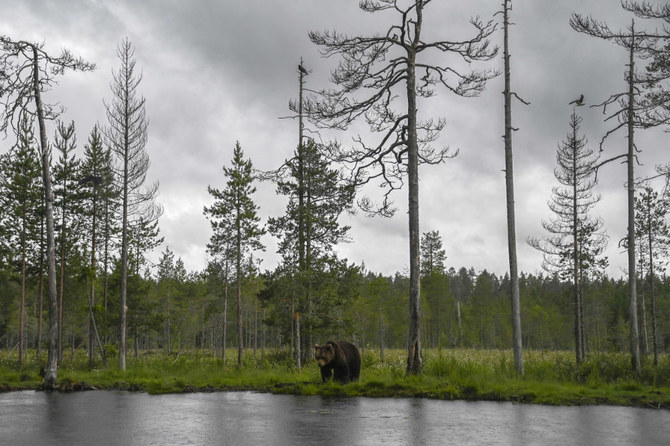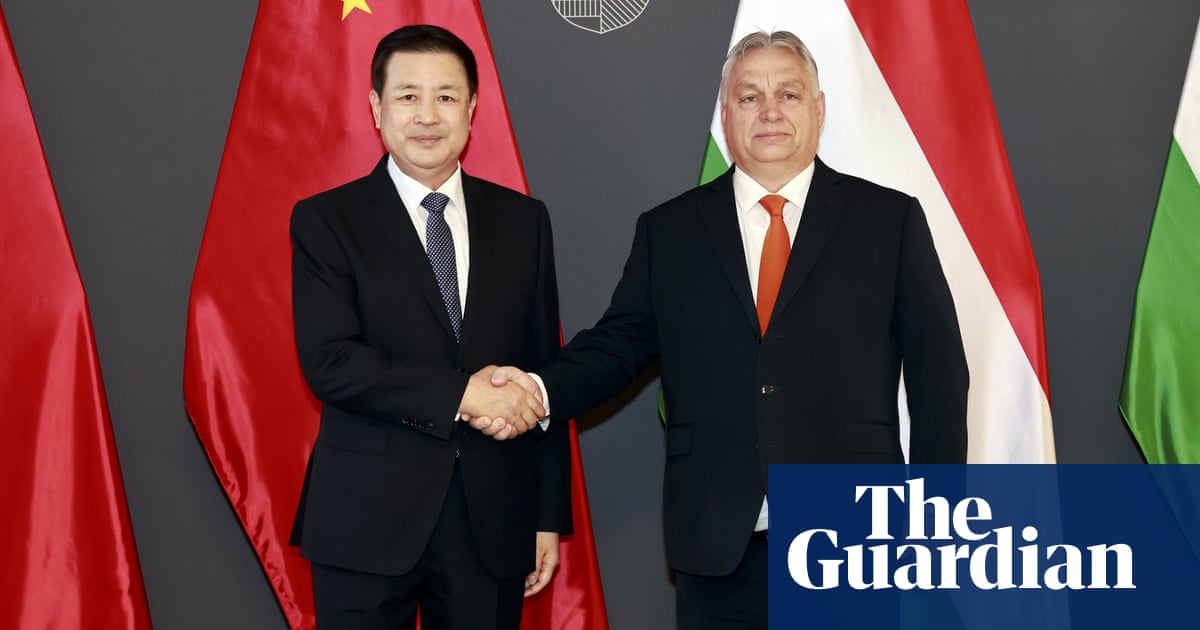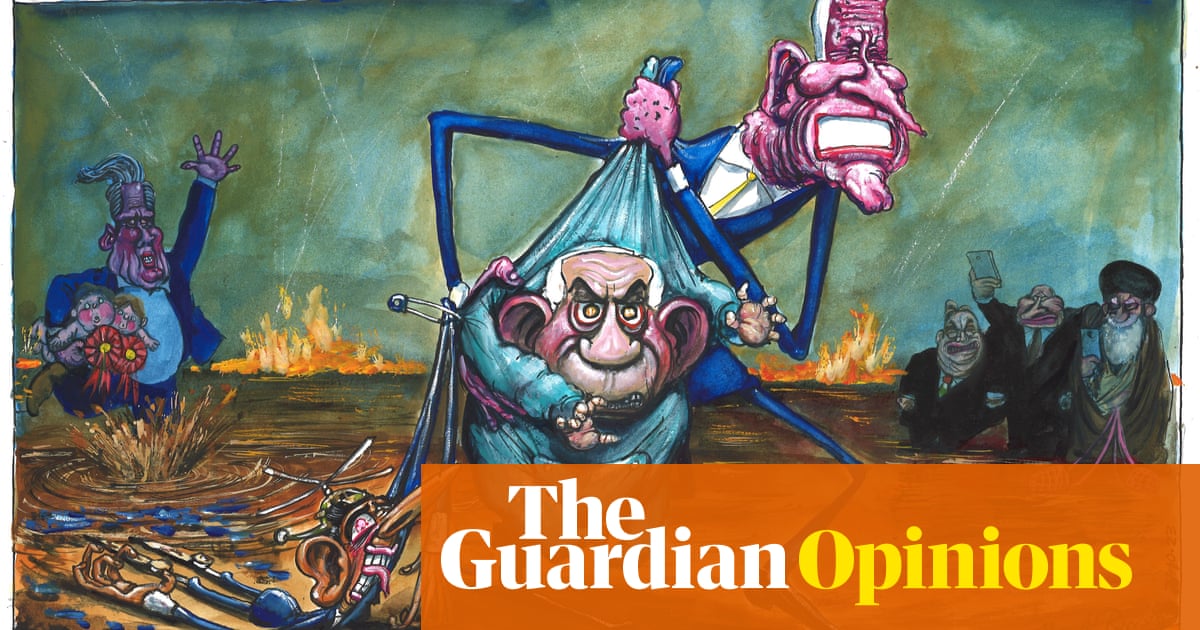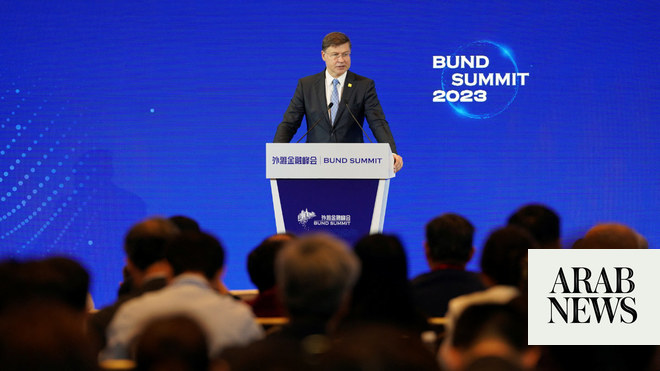
In the UK, there is a saying about buses that states you usually have to wait for what seems like hours for one to come along, and then two or three come at once.
While the UK public transport sector may seem far removed from the high politics and economics of China-European bilateral relations, there may be some parallels. Top EU officials have in recent weeks been traveling from Brussels to Beijing in significant numbers after a hiatus of several years, in part because of the COVID-19 pandemic.
In the last month alone, the EU’s High Representative for Foreign Affairs and Security Policy Josep Borrell, Energy Commissioner Kadri Simson and Economy and Trade Commissioner Valdis Dombrovskis have all visited China’s capital. This builds on the trip made earlier this year by European Commission President Ursula von der Leyen.
Amid the many tensions in bilateral relations, especially since the pandemic, what this intensive travel schedule appears to show is that Brussels is doubling down on diplomacy with Beijing. The goal appears to be to try to seize any remaining window of opportunity that may exist to prevent ties staying largely in the deep freeze for years to come.
Last week’s visit by Simson was a good case in point, as the EU energy chief attended a high-level annual bilateral energy dialogue in Beijing — the first in-person version of the event since 2019. She said that “China can play a great part in the climate battle” after signing a new agreement that commits to closer cooperation.
Amid the many tensions in bilateral relations, Brussels is doubling down on diplomacy with Beijing
Andrew Hammond
Ahead of the November-December COP28 climate summit in Dubai, Simson asserted that it was in the best interests of both Brussels and Beijing to stabilize international energy markets. She also urged China to join wider global pledges to cut methane emissions and triple renewable energy capacity, both by 2030.
On balance, Simson’s visit produced an overall positive dialogue on an agenda where Beijing and Brussels have generally had fruitful relations for many years. To be sure, there are some bilateral disagreements even on this agenda. For instance, the EU has recently launched an anti-subsidy investigation into Chinese electric vehicle imports; Brussels has concerns over the major surge in coal power approved this year by Beijing, with the fear that it is prioritizing energy supply over reducing greenhouse gas emissions; and China has also objected to the EU’s new carbon border adjustment mechanism that will set tariffs of 20 percent to 35 percent on goods with a high carbon price, such as steel and iron ore.
However, many EU officials have long believed that, fundamentally, Chinese policymakers endorse a vision, along with Europe, of a prosperous, energy-secure future in a stable climate and that they recognize the need for bilateral collaboration. After all, global warming poses a massive environmental threat to China, from record-setting heat waves to flooding.
Yet, for all the warmth in bilateral ties on much of this and the wider green economy agenda, there remain real challenges elsewhere. This was voiced during Borrell’s trip to China last week, when he highlighted a decline in bilateral trust and respect.
He said that Brussels takes Beijing seriously and expects the same in return on geopolitical issues and trade, so that the EU is “considered not through the lens of our relationship with others, but in ourselves … Since the war in Ukraine, Europe has become a geopolitical power. We want to talk to China with this approach.”
Global warming poses a massive environmental threat to China, from record-setting heat waves to flooding
Andrew Hammond
His comments reflect a widespread view in Brussels that the 27-member bloc does not receive sufficient attention from Beijing, particularly compared to the US. Moreover, there is a belief that China does not sufficiently appreciate Europe’s sovereign independence on global affairs.
One of the key issues Borrell raised in Beijing was the huge — approximately €400 billion ($423 billion) — trade imbalance between the bloc and China. He highlighted the major difficulties faced by many European companies in accessing the Chinese economy, saying that “it affects sectors in which we (Europe) enjoy a comparative advantage … we believe that the problem is not rooted in a simple difference in productivity.”
So, Borrell urged China to address these economic imbalances, warning that Europe may reduce its dependence on China with “de-risking … accelerating far more than is good, as the (European) public opinion will increase its pressure on political leaders to disengage more.”
In Beijing, Borrell also sought to address two further vexed issues. Firstly, Ukraine, as that war has now lasted more than 600 days. He stressed to his Beijing counterparts that “we are not asking China to adopt the same standpoint as the EU. But we consider it essential that China makes a major effort to convince the people of Ukraine that China is not Russia’s ally in this war.”
While Beijing appears to have significant concerns about the war in Ukraine, the EU’s attempt to prise China from Russia is unlikely to succeed, not least because of the long-standing warm relationship between President Vladimir Putin and Xi Jinping, who met this week in Beijing.
Secondly, the EU foreign policy chief stressed, on Taiwan, that the EU opposes the use of coercion and that the tensions between Taipei and Beijing must be resolved via dialogue, not force. While the EU does not formally recognize the self-governing island as an independent country, Brussels and multiple member states have economic and wider ties with Taiwan.
EU-China relations are at a key crossroads and EU officials are seeking to double down on diplomacy. Amid the tensions over security and economic issues, there may yet be a window of opportunity to deepen relations on climate and the green economy.
Andrew Hammond is an Associate at LSE IDEAS at the London School of Economics.
Disclaimer: Views expressed by writers in this section are their own and do not necessarily reflect Arab News" point of view












